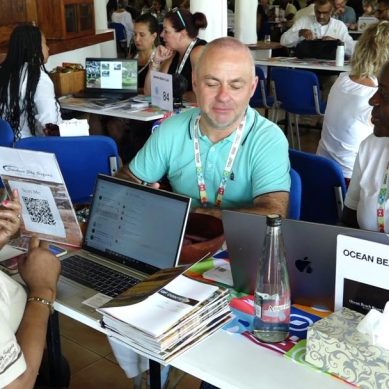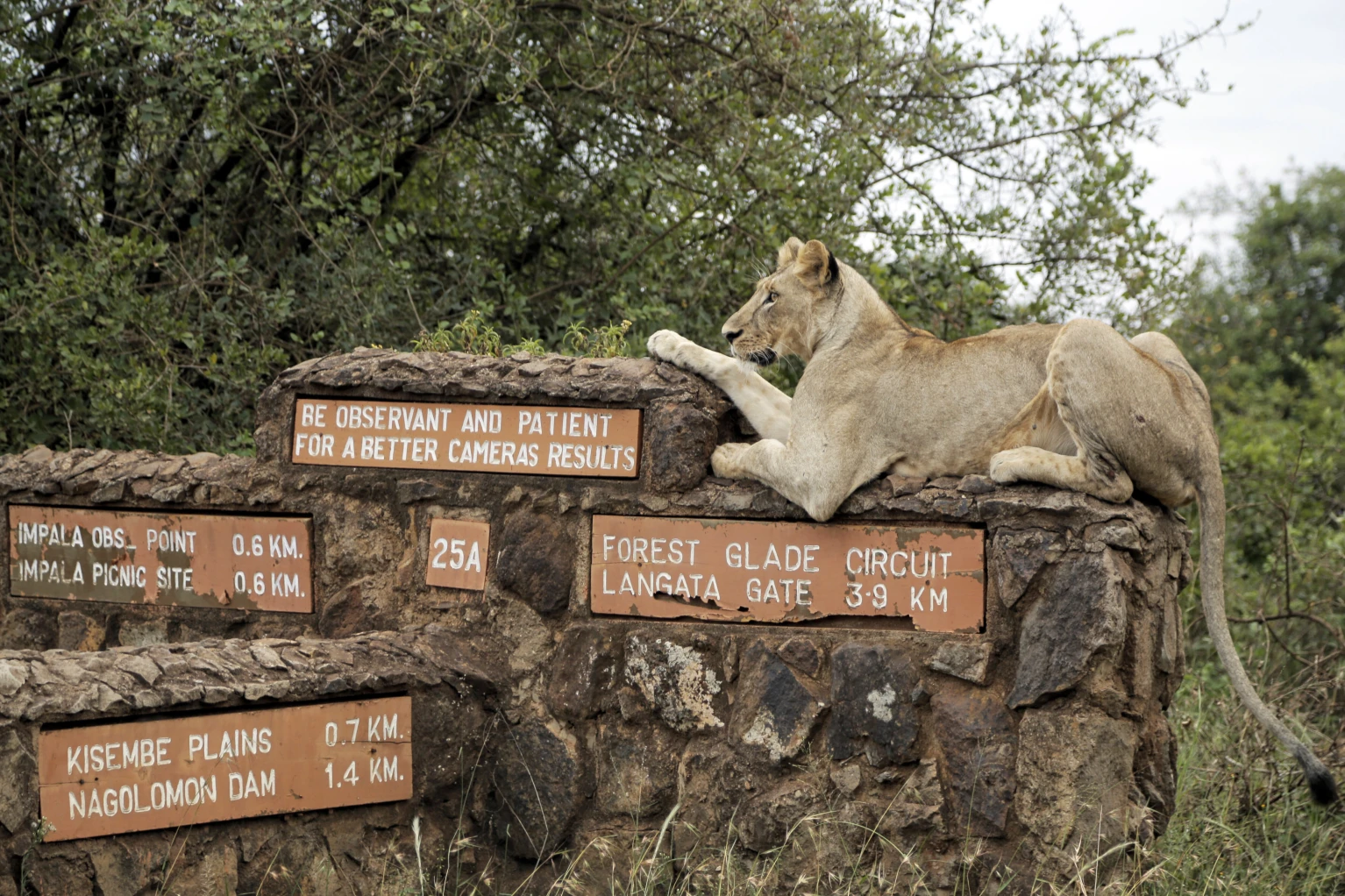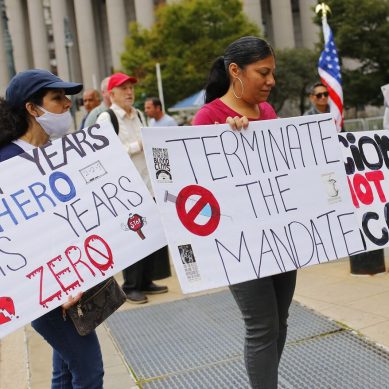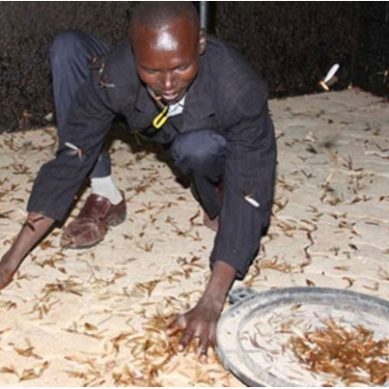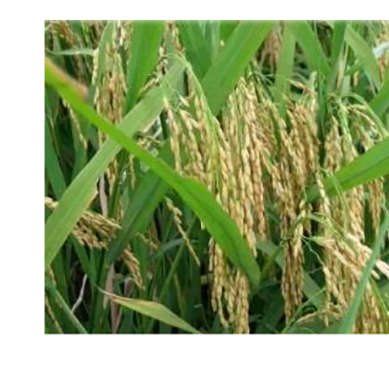Inside job suspected as thieves go on rampage in US National Guard armouries
At least some of the break-ins seem to point to potential insider help. In Covington, Tennessee, for example, evidence suggests intruders may have known in advance the location of a secure key control box. At other sites, attempts were made to bypass alarms and entry points.
Upset by financial institutions’ reluctance to deal in cryptocurrency Trump orders kerb on ‘political debanking’
According to Donald Trump Jr, the banks’ behaviour helped to awaken the Trump family to the supposed promise of crypto, as the basis for a parallel financial system in which everybody has custody over their own funds.
Faced with threat of terrorism and palpable political protests, Kenya boosts APCs fleet with Springbuck and M1117
The vehicles were commissioned by Interior Cabinet Secretary Onesimus Kipchumba Murkomen at the General Service Unit (GSU) Headquarters in Ruaraka, Nairobi. At least half a dozen Springbucks were seen at the ceremony.
How elimination of funding for some ‘woke’ studies by Trump administration killed cancer research
While researchers across the country have lost grants, two of the Trump administration’s political targets – Columbia and Harvard – have been hit especially hard. And across the board, many of these grant terminations appear to be part of the administration’s anti-DEI, anti-trans, and anti-vaccine agendas.
State capture: Role of South African Black police and ministers in crime questions ruling ANC’s credibility to confront lawlessness
In early July 2025, Lieutenant General Nhlanhla Mkhwanazi, the commissioner of police in the province of KwaZulu-Natal, made some startling claims. He called a press conference and, wearing camouflage uniform, he implicated the minister of police, Senzo Mchunu, together with the deputy national commissioner for crime detection, in a scheme to close down investigations into political assassinations in the province.
New York teachers fired for refusing Covid vaccines take case to US Supreme Court
Several lower courts, including the Second US Circuit Court of Appeals in November 2024, ruled against the teachers. The New York City Department of Education, its Chancellor, Melissa Aviles-Ramos, and New York City Health Commissioner Ashwin Vasan are among the defendants named in the combined lawsuit.
Tsiswa weather forest: Indigenous climate knowledge used in western Kenya said to provide accurate predictions than modern meteorology
Furthermore, the synergy between indigenous and scientific knowledge is already saving lives as ICPAC facilitates forums where satellite data and indigenous forecasts are discussed together, creating consensus-based outlooks broadcast through local radio networks in vernacular languages.
KARLO invests in rice ratoon technology to push up Kenya’s output from current 183,000 tonnes per year
The director noted that KALRO has produced high yielding varieties of rice that are drought tolerant and that with some of the varieties, farmers are able to do direct seeding, while for others they are able to do a ratoon, where immediately they harvest the first crop of rice they only need to add fertilizer and harvest the second time from the ratoon.
